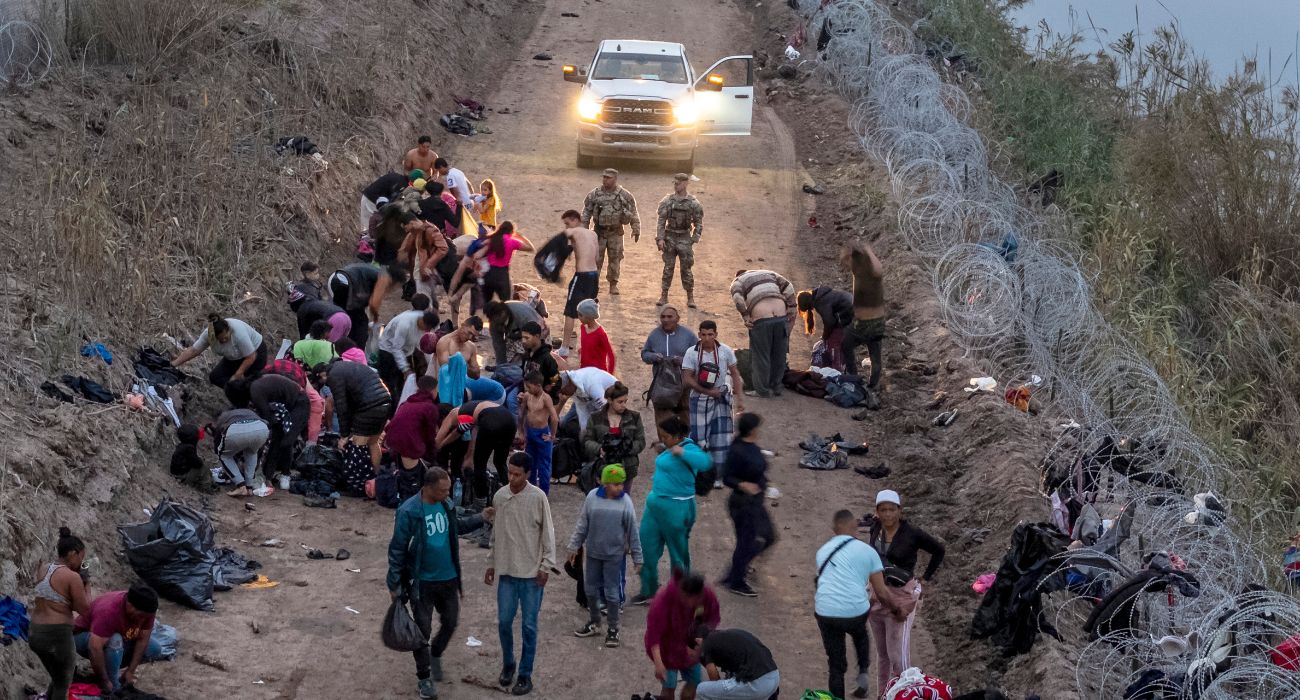Russia suspended its participation in a United Nations-brokered grain deal for an “indefinite term” after claiming that Ukraine carried out what it called a major drone attack on its Black Sea fleet in the Crimean city of Sevastopol over the weekend.
Ukraine has accused Russia of blackmailing and inventing “fictitious terrorist attacks” on its facilities in Crimea.
Russia backing out of the grain deal that had allowed safe grain shipments out of the Black Sea will result in higher prices and lower availability of meat in the Asia-Pacific region, according to research by Genevieve Donnellon-May and Paul Teng.
For many Asian countries, grains such as wheat, corn, and soybeans are needed for animal feed to produce beef, pork, poultry, and fish. Donnellon-May told CNBC that Asia-Pacific countries such as Indonesia, Pakistan, Laos, Thailand, Malaysia, Sri Lanka, and Bangladesh would likely be negatively affected.
Russia and Ukraine account for about a third of the world’s wheat exports, 15% of the world’s corn exports, and about 2.1% of the world’s soybean exports. They are also among the top three global exporters of barley, maize, rapeseed, and sunflower oil.
The suspension of grain exports will also hit countries “already on the brink of starvation” particularly hard, such as Yemen, according to the IRC’s East Africa emergency director, Shashwat Saraf.
“Like Yemen, the East Africa region relies on Russia and Ukraine for much of its wheat imports and as Somalia teeters on the brink of a catastrophic famine, a further disruption of critical grain exports could push Somalia over the edge by impacting affordability and availability of grain within the region,” Saraf said in a statement.
Wheat futures on the Chicago Board of Trade jumped 5.5% Monday to $8.74 a bushel following Russia’s announcement. Corn futures were up 2.3% to $6.96 a bushel. Palm oil futures trading in Malaysia also rose over the potential impact on exports of Ukrainian sunflower oil, Reuters reported.
Since July, The Black Sea Grain initiative led to more than 9.5 million tons, or $3 billion worth, of corn, wheat, and other food products, being exported from the Black Sea, according to Maximo Torero, chief economist of the UN’s Food and Agriculture Organization.
Under the U.N.-brokered deal, a Joint Coordination Centre (JCC) made up of UN, Turkish, Russian, and Ukrainian officials agreed on the movement of ships and inspected any vessels that left the Black Sea.
“In practical terms, it means that 1 million metric tons less of cereals in the market could create an increase in prices of around 0.5%. So, the short-term impact shouldn’t be too big,” Torero told CNBC on Monday, adding that the higher prices would come in the longer run.
There are 2.65 million tons of grains and other food products still awaiting inspection in the Black Sea, and it is unclear what will happen to these cargoes now, according to Warren Patterson, head of commodities strategy at Dutch bank ING.
Earlier this year, global wheat prices jumped to an all-time high, and corn hit a 10-year high as the outbreak of the Russo-Ukrainian war destabilized a market already under pressure due to extreme weather and COVID-induced supply chain disruptions.
Since reaching a record high in March, the UN Food and Agriculture Organization’s global food price index has declined for seven consecutive months.
The grain deal was set to expire on November 19, but efforts to extend the agreement were already underway as fears grew that Russia would pull out.
UN Secretary-General António Guterres urged Russia to reenter the deal, saying the renewal of the Black Sea Grain Initiative was crucial to averting a global food crisis.
“We underline the urgency of doing so to contribute to food security across the world, and to cushion the suffering that this global cost-of-living crisis is inflicting on billions of people,” he said in a statement.






